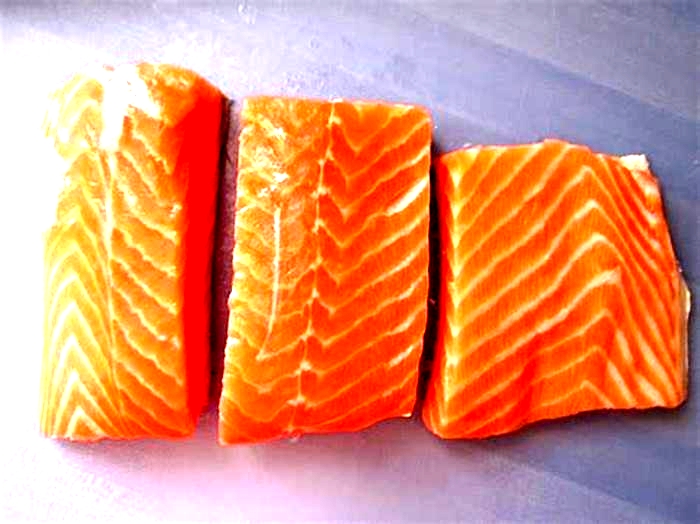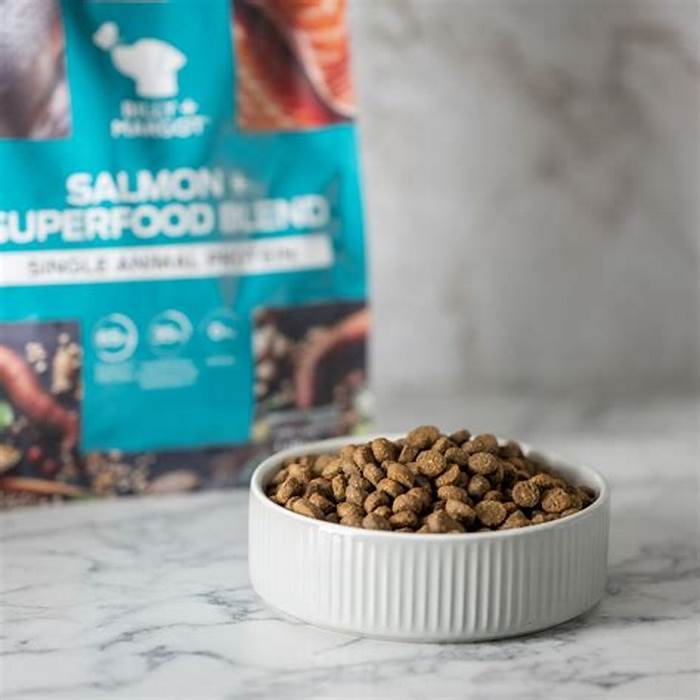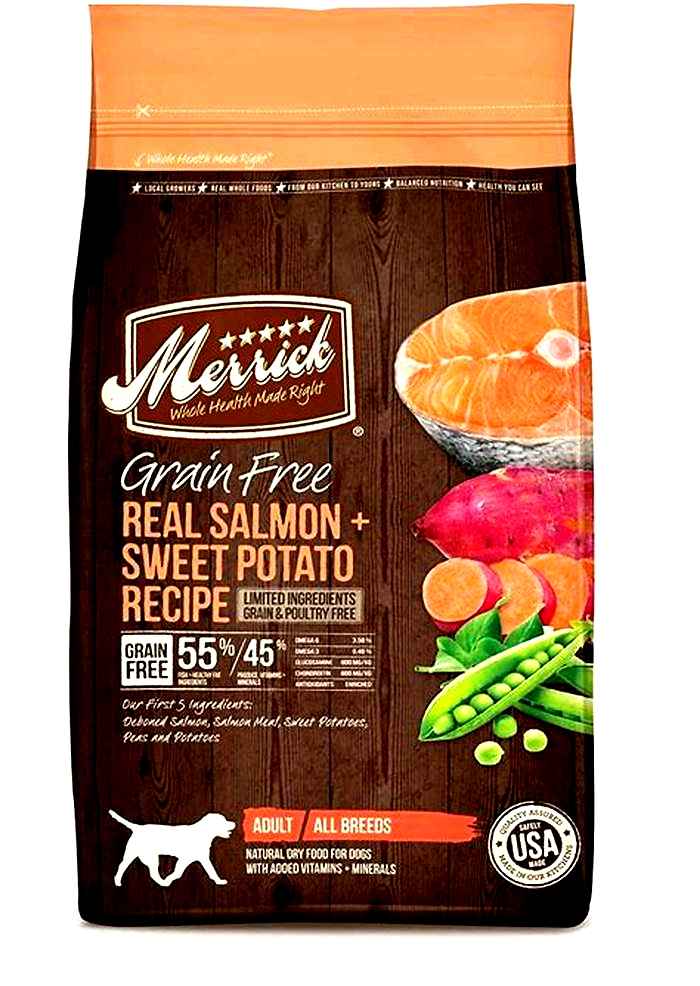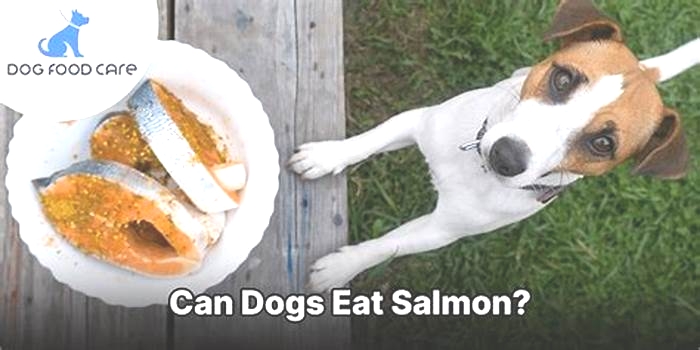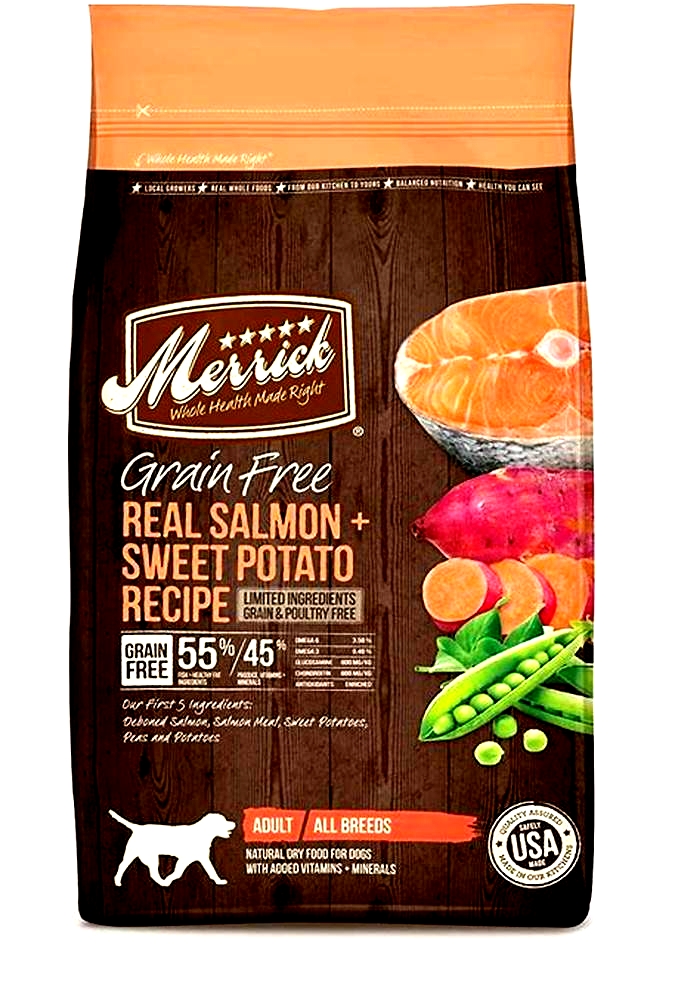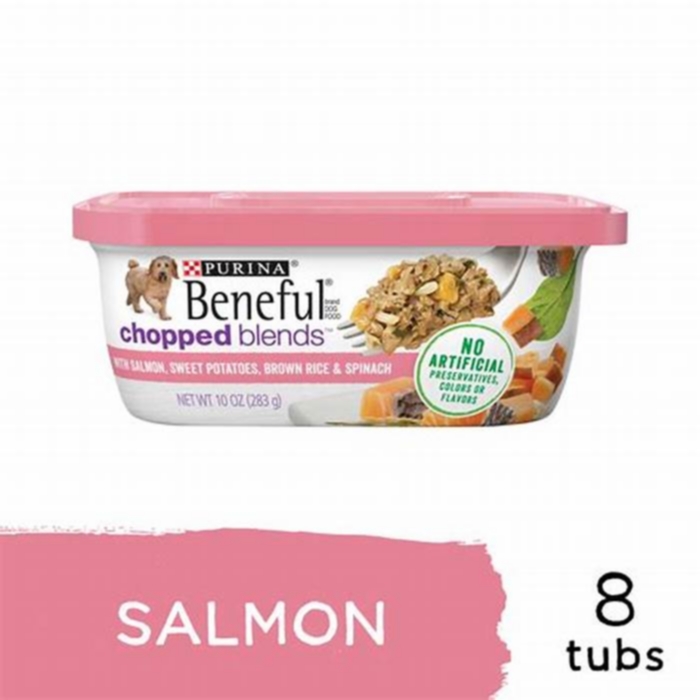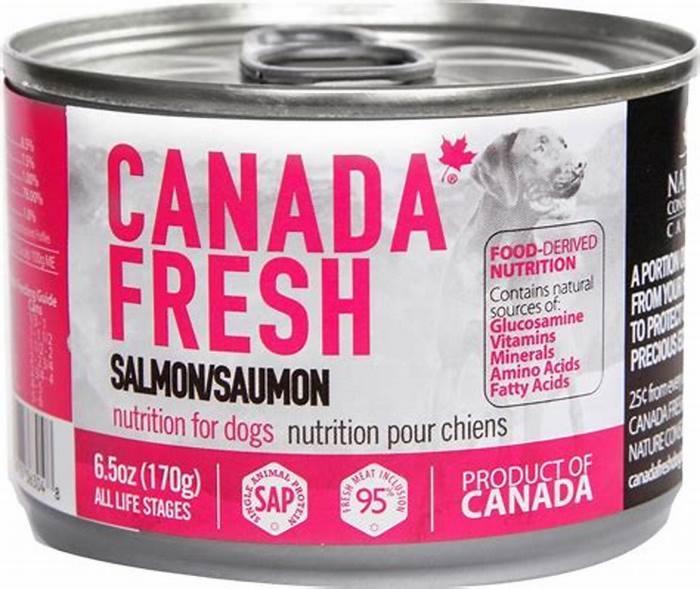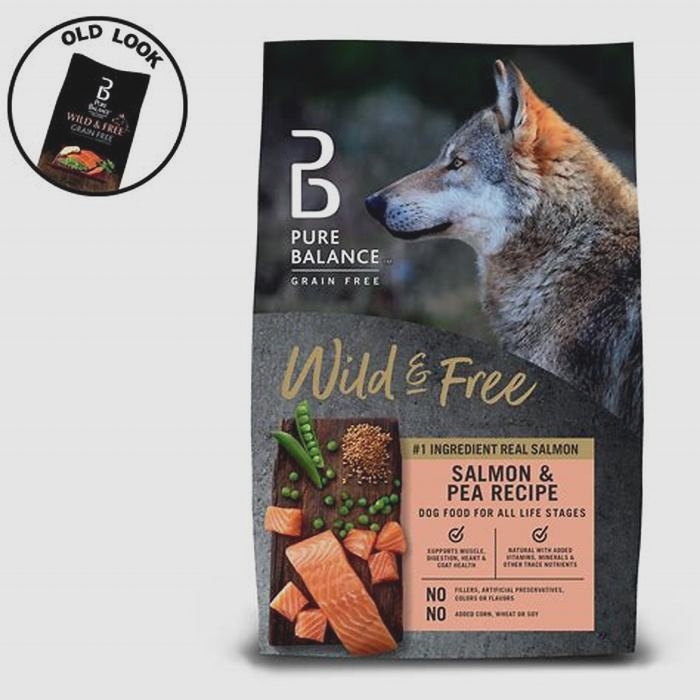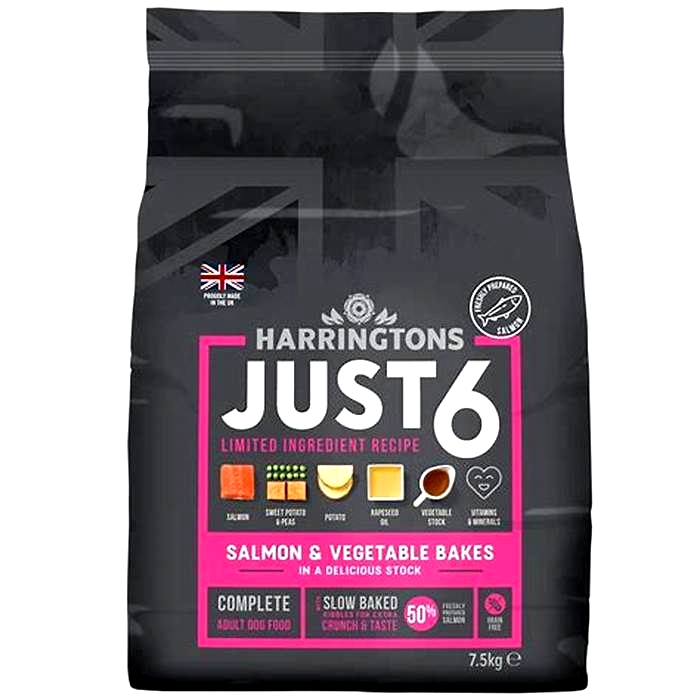should you add salmon oil to dog food
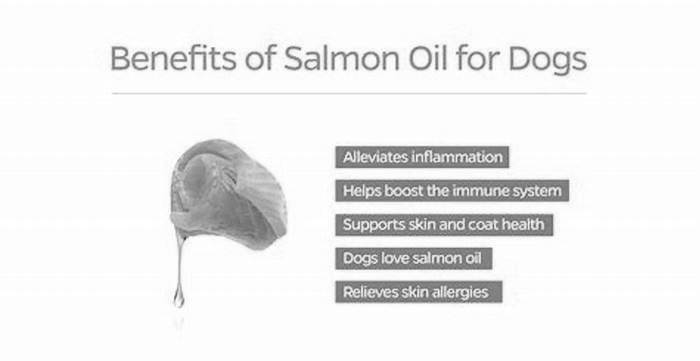
The Benefits of Salmon Oil for Dogs
If youve been ogling our specialist bottles of sustainably sourced, omega-rich Salmon Oil For Dogs, you may have wondered, What does salmon oil actually do for my dog? Though Pooch & Mutts range of nutritional dog foods are designed to keep your pup happy and healthy, salmon oil contains vital ingredients that are essential for a dogs development. In fact, for any animal, its one of the most beneficial supplements there is.
Read on for an in-depth guide on how salmon oil can benefit your dog and to learn some of the science behind salmon oils powerful, superhero ingredients.
How does salmon oil help dogs?
Salmon oil is such a marvel because of its wonder-trio of fatty acids: Omega 3, 6 and 9. These powerful ingredients are really beneficial to your dogs body and mind; they promote healthier skin and coat quality, improved heart health, and they boost immune system, brainpower and movement.
Whats the science behind salmon oil?
To dig a little deeper, Omega 3 was recognised as a molecular marvel when it was found to contain fatty acids docosahexaenoic acid (DHA) and eicosapentaenoic acid (EPA). Really long in name and in nature, DHA and EPA are long-chain acids containing 20 or more carbon atoms, and in 1929, scientists found that they form the important structural components (1) of healthy cell membranes. In 2004, the US FDA made it official - Omega 3 and 6 were given qualified health claim status for being beneficial to normal, healthy growth.
Heres the most important bit - all mammal bodies, including humans and dogs - dont produce DHA and EPA naturally. To receive these nutrients, vital for our mental and physical development, we have to get them from food such as salmon oil.
What benefits of salmon oil will I see in my dog?
Theres a full list of benefits, as salmon oil is a veritable wonder product. After feeding it to your dog for just a couple of weeks, youll start to see a happier, livelier, and healthier-looking pup.
Salmon oil seriously makes your dog smarter - in fact, its particularly recommended for the brain development of growing puppies. Research carried out by Eukanuba found that 9 week old puppies fed on a high DHA diet became more intelligent, easier to train and had improved memory in tests which taught them how to recognise shapes that led them to a treat (3).
You can feed an older dog too, though, as cognitive development needs to be nurtured at all ages. Theres a lot for doggy-brains to hold, like house rules and how to be a functioning, well-behaved pooch in society, while a nourished brain also means theyll stay alert, energetic and reactive to their owners (or a ball, or a squirrel, or that dog across the fence).
The anti-inflammatory properties of salmon oil reduces scratching and limits shedding, making your dogs coat smoother, shinier and more lustrous than ever. Just wait for passers-by to point in the street as your pup bounds along in slow motion.
The fatty acids found in salmon oil help form a protective layer which moisturises your dogs skin and acts as a barrier to allergens and irritants. If your pooch does suffer a skin infection, Omega 3s anti-inflammatory superpowers include soothing the skin so theyll be less itchy.
In a similar vein, the healing properties of DHA and EPA will supercharge your dogs immune system, meaning his body will be naturally stronger in fighting off diseases such as kidney and liver disease and pancreatitis.
Long walks and off-the-lead runs, lets go! The Omega 3 fatty acids in salmon oil protect your dogs heart by managing cholesterol, triglyceride and blood pressure levels, meaningtheir overall stamina and cardiovascular health is improved andthey wont run out of breath as quickly.
Another cause for more runs on the beach, salmon oil keeps your dogs joints limber and lubricated sothey can move around easily - an essential aspect to a dogs continued mobility as they grow and age.
A dogs eyes indicate their overall health (you know that), and salmon oil promotes bright, clear eyes and better sight. As one of the main ways a dog communicates is through her eyes, ensuring theyre healthy and free of redness and discharge is super important to their day-to-day comfort.
When rearing a puppy theres nothing more encouraging than seeing them grow bigger and stronger. As salmon oil is a nutrient-rich source of fat, its the ideal way to induce healthy weight gain in a puppy, or an underweight adult dog, in a way that includes vital nutrition too.
How do I feed my dog salmon oil?
Administering salmon oil to your dog couldnt be easier - its got a strong fishy flavour so they love the taste. Following the guidelines for their size, just drizzle it into their regular food and mix well.
How often should I give my dog salmon oil?
For maximum benefits, feed your dog salmon oil every day. For small dogs a teaspoon a day is enough; for medium dogs, 1-2 teaspoons; for large dogs, 2-3 teaspoons; and for giant dogs, 3-4 teaspoons a day. Clear instructions are on the label of each of our Salmon Oil For Dogs bottles.
How should I store salmon oil - does it go off?
All fish oils have an expiration date; after this its quality will gradually decrease, and in the worst case it could make your dog unwell. If youve had an unopened bottle of salmon oil for a while, check the expiration date before feeding it to your dog. A fresh bottle should be good for two years if stored in a cool, dry place away from direct sunlight - but use it up within 90 days once youve broken the seal, and throw it away if it smells rancid.
Can I give my dog too much salmon oil?
Short answer - yes, or you could risk any of the side effects listed below. Be sure to feed your dog the recommended daily amounts according to their size and age, as indicated on the label on the bottle
Are there any side effects of salmon oil for my dog?
Most dogs will see the many positives of salmon oil, however with any supplement, theres always a risk of side effects or allergies. If you notice your dog experiencing any of the following symptoms after taking salmon oil, its a good idea to book a visit to your vet and get them checked over, just to be safe.
Salmon oil reduces the chance of itchy or inflamed skin in the majority of cases, however if your dog is allergic, it could have the opposite effect. Keep a lookout for frantic scratching fits in your dog, or more itching than usual.
Salmon oil is very energy-dense and so its great for growing puppies or underweight dogs. If your pooch seems to be piling on the pounds (and theres no change to his exercise or diet but the salmon oil), then you may need to cut back.
If your pooch has toilet trouble after youve introduced salmon oil to their diet, try a few days of just their regular food to see if it makes a difference.
If your dog shows the classic signs of pancreatitis - a hunched bag, sustained vomiting over hours or days, diarrhoea, lethargy and/or pain in the abdomen, take them to the vet for treatment. Salmon oil is known to reduce the chance of diseases such as this, but theres always the risk of a bad reaction.
How is salmon oil different from other oils for dogs?
Theres plenty of other oil supplements for dogs that offer similar health benefits, but salmon oil is the cream of the crop, and heres why.
Salmon oil vs other fish oils for dogs
Oils derived from other fish, such as cod liver oil, offer lots of the same benefits to dogs as salmon oil; improved coat and skin quality, a boosted immune system and decreased inflammation. However, this is mostly down to its Omega 3 content - something that salmon oil has a much higher concentration of. Salmon oil also provides superior Omega 3 absorption in a dogs body, and it has a fishier taste, which dogs love. Put simply, other fish oils are great, but salmon oil tops them in terms of concentrated goodness (and tastiness).
Salmon oil vs plant-based oils like olive, coconut and flaxseed
As a plant-based alternative to fish oils, we humans often turn to natural oils such as olive, coconut and flaxseed. For dogs, this doesnt quite work the same way. While fish oils contain the long-chain fatty acids DHA and EPA found in Omega 3, plant-based oils have more of the short-chain acid ALA (alpha-linolenic acid). Though ALA is still beneficial to dogs and puppies, theyd have to eat a whole lot of plant-based oil to receive the more potent nutrients found in smaller amounts of salmon oil.
Sold on salmon oils dog-enhancing superpowers? To see the benefits in your dog, Pooch & Mutts Salmon Oil is sustainably sourced, of the highest quality and packed full of Omega 3, 6 and 9.
If you have any other questions about Salmon Oil that we havent covered here, you can contact us via emailor leave a comment belowand well do our best to help.
4 Healthy Oils To Add To Your Dog's Diet
By Andrew Daniels
Just like you, your dog may not be getting all the necessary nutrition he needs from eating his regular diet. While standard dog food can certainly come packed with plenty of essential nutrients, you can supplement your dogs dietary regimen with certain healthy oilsjam packed with Omega-3 and Omega-6 fatty acidsto promote optimum heath.
In this simple guide, well show you how to pick these natural oils for dogs, and offer best practices and feeding tips.
What are the healthiest oils for dogs?
Fish oil:Fish oil contains EPA and DHA, omega-3 fatty acids that help arthritis, and also has some anti-cancer effects, says Nancy Scanlan, DVM, CVA, MSFP, and executive director of the American Holistic Veterinary Medical Foundation. Fish oil can also improve your dogs memory.
The primary reason I recommend fish-oil based omega-3 fatty aids is to yield a natural anti-inflammatory effect that can help reduce overall inflammation in the body and potentially decrease my patients reliance on medications aimed at reducing inflammation and pain, says Dr. Patrick Mahaney, VMD, CVA, CVJ, and a certified veterinary acupuncturist with California Pet Acupuncture and Wellness (CPAW).
Krill oil:While fish oil usually comes from fish higher on the food chain, like salmon, krill oil hails from tiny shrimp-like organisms that rank a little lower. This makes krill oil less likely to be contaminated with mercury, Dr. Scanlan says. It also contains EPA and DHA, and will help give your pet healthier joints and skin, in addition to other benefits.
All dogs are omnivores that lean towards the carnivorous side, so they best absorb non-vegetarian-based oils like fish and krill, explains Dr. Mahaney.
Coconut oil:Extra-virgin coconut oil has become a popular choice for humans because its a healthier alternative to more processed saturated and trans fats, and the same applies to dogs. Coconut oil has also been shown to help dogs lose weight, give them more energy, and offer relief to dry skin. Bonus: It will help improve your dogs bad breath!
Flaxseed oil:This oil is high in alpha linolenic omega-3s, which puts it in the same ballpark as wild fish when it comes to boosting heart health. Like many of the other healthy oils, flaxseed oil also helps with mobility for arthritic dogs, and can aid in blood pressure and kidney function.
How can I serve my dogs healthy oils?
Most oils come in either capsule form or free oil. But a jar of oil, once opened and exposed to the air, can become rancidso capsules are usually a better way to go, says Dr. Scanlan.
However, it could depend on your dogs taste preferences. Hearty-eating dogs may readily consume a capsule or allotted portion of liquid out of their food, says Dr. Mahaney. Most liquid oils mix best with moist food, but you can still pour them over dry food like kibble, he adds.
Capsules also tend to best be consumed out of moist food. Pets that are unwilling to consume the capsule may take it in liquid form if the capsule is pierced, squeezed, and mixed into the moist food or a soft treat, Dr. Mahaney says.
Do these oils have any negative effects for dogs?
Too much of any oil can cause weight gain, says Dr. Scanlan. A large dose of oil all at once can cause pancreatis in a susceptible individualespecially if they are fat, she adds.
Too much oil can also lead to a vitamin E deficiency if you dont properly supplement with some additional vitamin E.
Fish oil can prolong the time it takes blood to clot, so if your pet is going to have surgery, its best to stop the oil for at least five days before and five days after the operation, Dr. Scanlan says.
Whats the best way to tell quality when looking for these oils?
Companies that have the National Animal Supplement Council (NASC) seal are required to show that their products have been tested in labs to have the right kind and amount of oil in each capsule, says Dr. Scanlan. Look for this seal.
How do I know if oils are right for my dog?
If your dog is consuming a commercially available pet food and is suffering from skin conditions (like skin flaking or a dull coat), inflammation diseases (such as arthritis and cancer), or organ system damage, then talk to your vet about potentially adding oils that are rich in omega-3 and omega-6 nutrients to your dogs diet, says Dr. Mahaney.
Image:HandmadePictures/ Shutterstock

